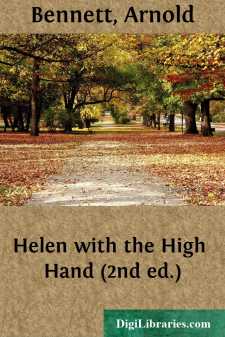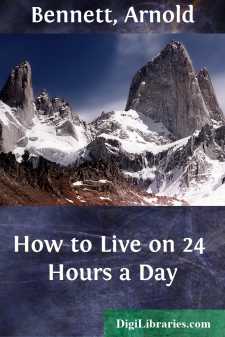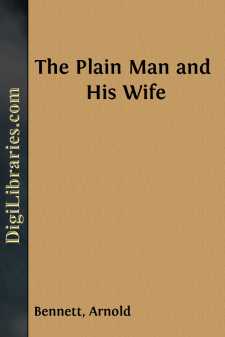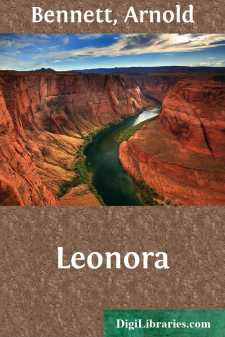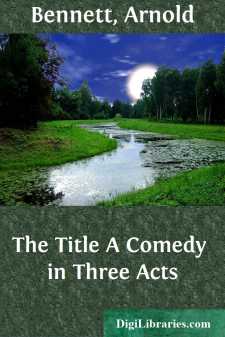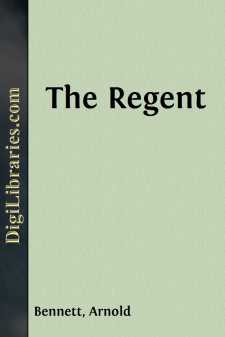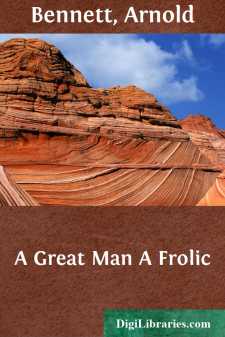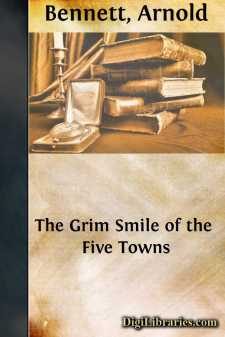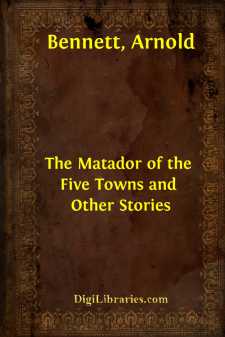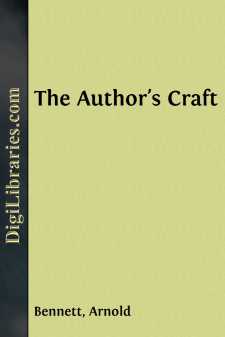Categories
- Antiques & Collectibles 13
- Architecture 36
- Art 48
- Bibles 22
- Biography & Autobiography 816
- Body, Mind & Spirit 145
- Business & Economics 28
- Children's Books 17
- Children's Fiction 14
- Computers 4
- Cooking 94
- Crafts & Hobbies 4
- Drama 346
- Education 58
- Family & Relationships 59
- Fiction 11834
- Foreign Language Study 3
- Games 19
- Gardening 17
- Health & Fitness 34
- History 1378
- House & Home 1
- Humor 147
- Juvenile Fiction 1873
- Juvenile Nonfiction 202
- Language Arts & Disciplines 89
- Law 16
- Literary Collections 686
- Literary Criticism 179
- Mathematics 13
- Medical 41
- Music 40
- Nature 179
- Non-Classifiable 1768
- Performing Arts 7
- Periodicals 1453
- Philosophy 66
- Photography 2
- Poetry 897
- Political Science 203
- Psychology 45
- Reference 154
- Religion 516
- Science 126
- Self-Help 85
- Social Science 82
- Sports & Recreation 34
- Study Aids 3
- Technology & Engineering 59
- Transportation 23
- Travel 463
- True Crime 29
Our website is made possible by displaying online advertisements to our visitors.
Please consider supporting us by disabling your ad blocker.
Helen with the High Hand (2nd ed.)
by: Arnold Bennett
Description:
Excerpt
CHAPTER I
BEGINNING OF THE IDYLL
In the Five Towns human nature is reported to be so hard that you can break stones on it. Yet sometimes it softens, and then we have one of our rare idylls of which we are very proud, while pretending not to be. The soft and delicate South would possibly not esteem highly our idylls, as such. Nevertheless they are our idylls, idyllic for us, and reminding us, by certain symptoms, that though we never cry there is concealed somewhere within our bodies a fount of happy tears.
The town park is an idyll in the otherwise prosaic municipal history of the Borough of Bursley, which previously had never got nearer to romance than a Turkish bath. It was once waste ground covered with horrible rubbish-heaps, and made dangerous by the imperfectly-protected shafts of disused coal-pits. Now you enter it by emblazoned gates; it is surrounded by elegant railings; fountains and cascades babble in it; wild-fowl from far countries roost in it, on trees with long names; tea is served in it; brass bands make music on its terraces, and on its highest terrace town councillors play bowls on billiard-table greens while casting proud glances on the houses of thirty thousand people spread out under the sweet influence of the gold angel that tops the Town Hall spire. The other four towns are apt to ridicule that gold angel, which for exactly fifty years has guarded the borough and only been regilded twice. But ask the plumber who last had the fearsome job of regilding it whether it is a gold angel to be despised, and—you will see!
The other four towns are also apt to point to their own parks when Bursley mentions its park (especially Turnhill, smallest and most conceited of the Five); but let them show a park whose natural situation equals that of Bursley's park. You may tell me that the terra-cotta constructions within it carry ugliness beyond a joke; you may tell me that in spite of the park's vaunted situation nothing can be seen from it save the chimneys and kilns of earthenware manufactories, the scaffoldings of pitheads, the ample dome of the rate-collector's offices, the railway, minarets of non-conformity, sundry undulating square miles of monotonous house-roofs, the long scarves of black smoke which add such interest to the sky of the Five Towns—and, of course, the gold angel. But I tell you that before the days of the park lovers had no place to walk in but the cemetery; not the ancient churchyard of St. Luke's (the rector would like to catch them at it!)—the borough cemetery! One generation was forced to make love over the tombs of another—and such tombs!—before the days of the park. That is the sufficient answer to any criticism of the park.
The highest terrace of the park is a splendid expanse of gravel, ornamented with flower-beds. At one end is the north bowling-green; at the other is the south bowling-green; in the middle is a terra-cotta and glass shelter; and at intervals, against the terra-cotta balustrade, are arranged rustic seats from which the aged, the enamoured, and the sedentary can enjoy the gold angel....


